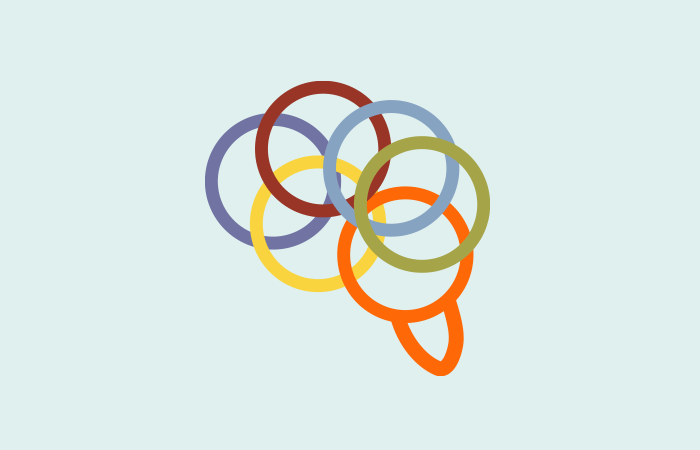Brain Health Registry Launches Two New Features: Caregiver and Study Partner Initiative, and Hoarding and Cluttering Questionnaire
New online tool brings the unique and powerful voices of care partners front and center in brain health research
Brain Health Registry (BHR) has launched a new initiative called the Caregiver and Study Partner Portal (CASPP). This innovative tool allows BHR participants to designate someone who knows them well, such as a family member or close friend, to join BHR as their study partner. The information gathered from the participant-study partner pair can be used to better identify those at risk for developing brain disease.
How does it work? Study partners enroll online and answer questions about the participant, such as about recent changes in the person’s memory or thinking. Study partners also answer questions about themselves, such as whether they are a caregiver, and if so, how that affects their own health.
How do I join? Some of you may have already designated a study partner or become a study partner yourself during our “beta testing” phase over the past few months. If so, thank you—you have provided valuable information, including feedback about your experience that we’ve used to improve the Study Partner Portal. If you haven’t yet checked out this new feature, here are the next steps to participate:
- If you are a BHR participant and would like to designate someone to be your study partner, simply login to your BHR account and complete the “My Study Partner” task in your task list. This will trigger an email invitation to be sent to your study partner from the BHR.
- If you are a BHR participant and would like to become a study partner to someone else, you can encourage your loved one to join the main BHR study here. Then, your loved one can designate you as their study partner by completing the “My Study Partner” task in their task list.
- You and your loved one can serve both as participants in the main BHR study and study partners. In fact, we encourage you to do this, as it gives us the most complete picture of yours and your partner’s brain health!
Why are study partners important? Researchers have long appreciated the unique value of a study partner’s perspective. Here’s why:
- For certain brain conditions, such as Alzheimer’s disease, the person with Alzheimer’s may lose insight about their own ability to think and remember things. In this case, a study partner’s report may be more accurate than the person’s self-evaluation of their ability to function.
- Study partners can give unique insight into a person’s day-to-day functioning and quality of life, outcomes that are important to families, but often left out of traditional research.
- Study partners are good at identifying recent changes in a loved one’s brain health, which is an important indicator of what’s to come, but can’t be captured using a single memory test.
- Finally, allowing a study partner to be the primary point of contact with a study can help to recruit participants who may be too impaired or embarrassed to initiate contact themselves.
We encourage all BHR participants to invite a study partner to join, and to become study partners themselves!
Brain Health Registry rolls out Hoarding and Cluttering questionnaire
We are excited to announce another new feature in the Brain Health Registry: The Hoarding and Cluttering module is a new questionnaire that asks about hoarding or cluttering behaviors that you may have, along with questions about related problems.
Why is the study of hoarding and cluttering behaviors important?
- Hoarding and cluttering behaviors are common across the lifespan and they can be associated with number of other aspects of brain health, including cognitive functioning, medical or social problems, and mood or anxiety symptoms.
- Gathering information about these behaviors gives us valuable insights about how common they are in people of different ages, and how they might be related to other aspects of brain health.
- By collecting this information we can also let interested BHR participants know about other studies of hoarding and cluttering in their area that they may be eligible to participate in.
You can try this new feature today – simply log in to your Brain Health Registry account and the Hoarding and Cluttering questionnaire will show up in your task list.
We encourage you to fill out this questionnaire, even if you do not have any hoarding, cluttering, or related problems and completing the questionnaire will only take a few minutes!
We are grateful for your participation in Brain Health Registry. As always, your contributions are critical in helping advance brain health research and developing new treatments to fight brain disease. Thank you for your support.
